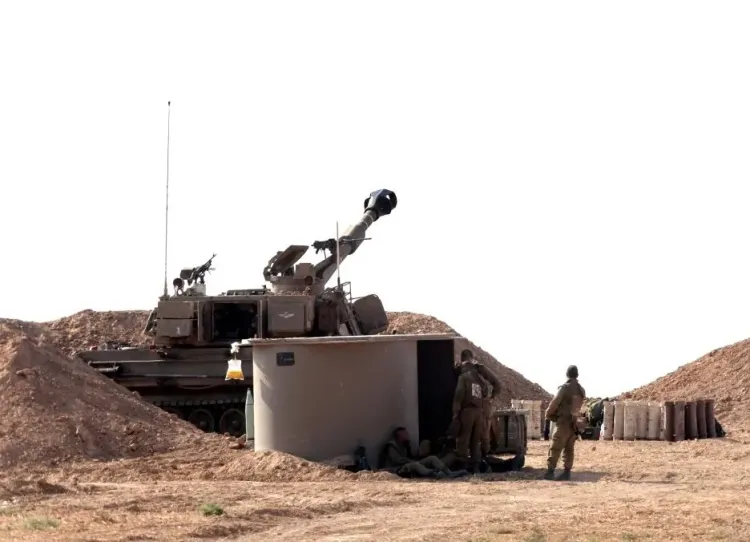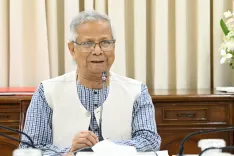Why Did Israel Reject the New Gaza Ceasefire Proposal?

Synopsis
Key Takeaways
- Israel rejected a ceasefire proposal aimed at halting military actions in Gaza.
- The proposal included the release of hostages and humanitarian aid provisions.
- Israel insists on the Witkoff framework for negotiations.
- The humanitarian situation in Gaza remains critical.
- The international community is urging for increased aid flow.
Jerusalem, May 26 (NationPress) Israel has turned down a new initiative aimed at halting its military actions in Gaza and facilitating the release of 10 additional hostages, as reported by Israel's state-owned Kan TV on Monday.
A senior member of the Israeli negotiation team revealed to Kan TV that American mediators had introduced the proposal overnight. This plan included the release of five living hostages along with five deceased ones, the provision of humanitarian aid to Gaza, a ceasefire lasting 70 days, and discussions for a permanent ceasefire, according to the official.
The official stated that Israel found the deal unacceptable, labeling it a 'surrender to Hamas'.
Israel has maintained its stance on the Witkoff framework, a proposal put forth by Israeli Prime Minister Benjamin Netanyahu in early March, which demands the release of more Israeli hostages in exchange for a 50-day truce and a commitment to further discussions for an extended ceasefire. Notably, this proposal does not address the withdrawal of Israeli forces or the release of Palestinian prisoners, which are key demands from Hamas.
Recent indirect discussions between Israel and Hamas aimed at concluding Israel's 19-month-long military operation and securing the release of 58 hostages still held in Gaza came to a halt on Thursday after Netanyahu recalled the delegation, as reported by Xinhua news agency. Israel concluded a three-phase ceasefire agreement in March, following a two-month truce during which Hamas released 33 Israeli hostages but declined to move forward to the next phase and resumed its offensive in Gaza.
Last week, Philip Lazzarini, the head of the United Nations Relief and Works Agency for Palestine Refugees (UNRWA), urged for a 'meaningful and uninterrupted' flow of aid into the Gaza Strip.
Israel has consistently claimed that a significant portion of international aid to Gazans has been misappropriated by Hamas, which is the armed authority in the region, a claim that has been denied vehemently by the United Nations.









